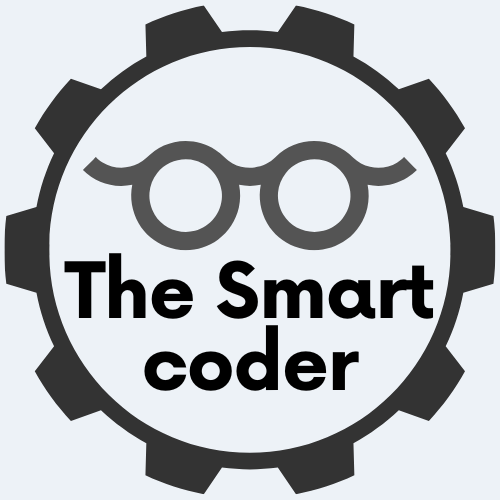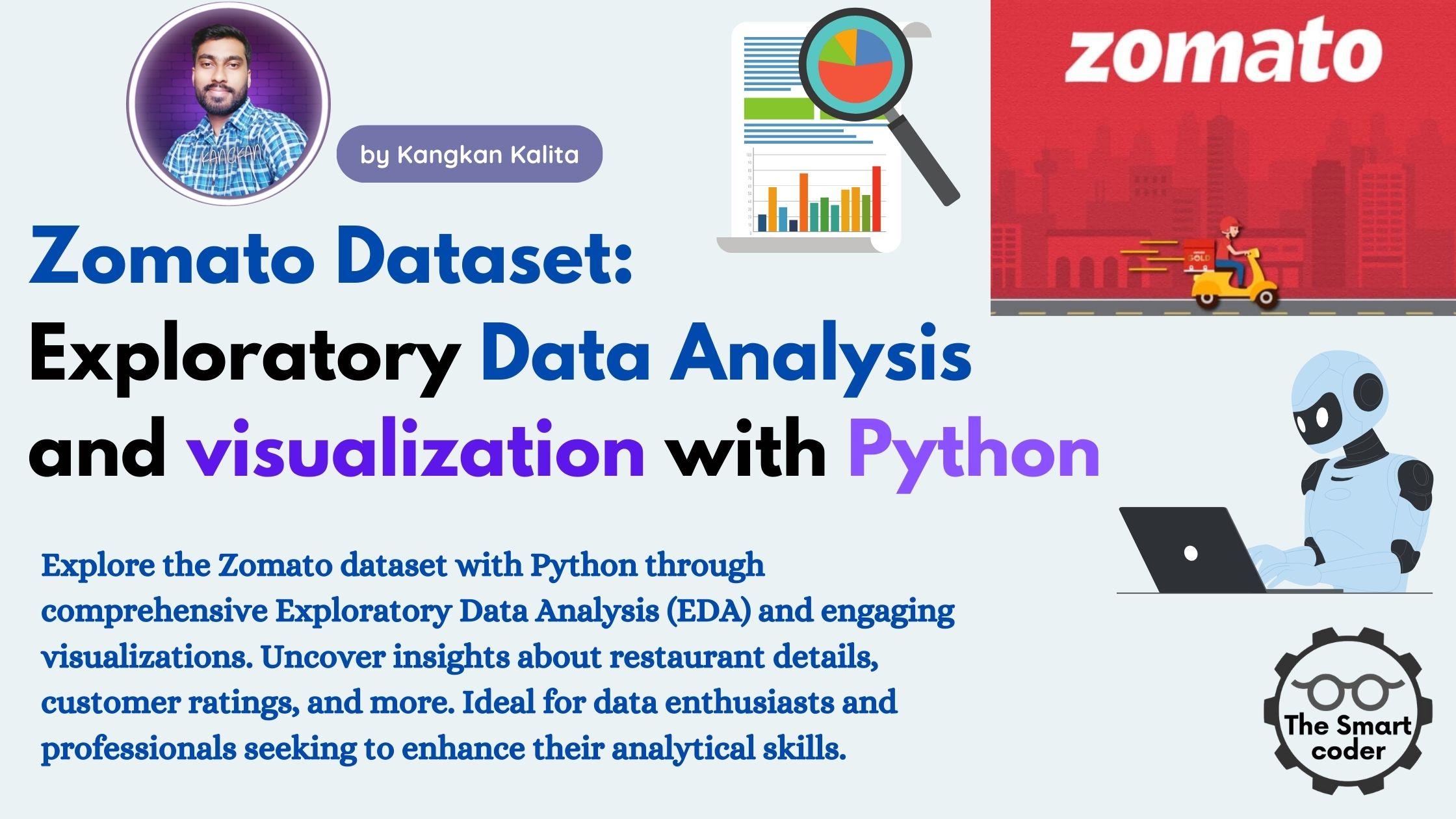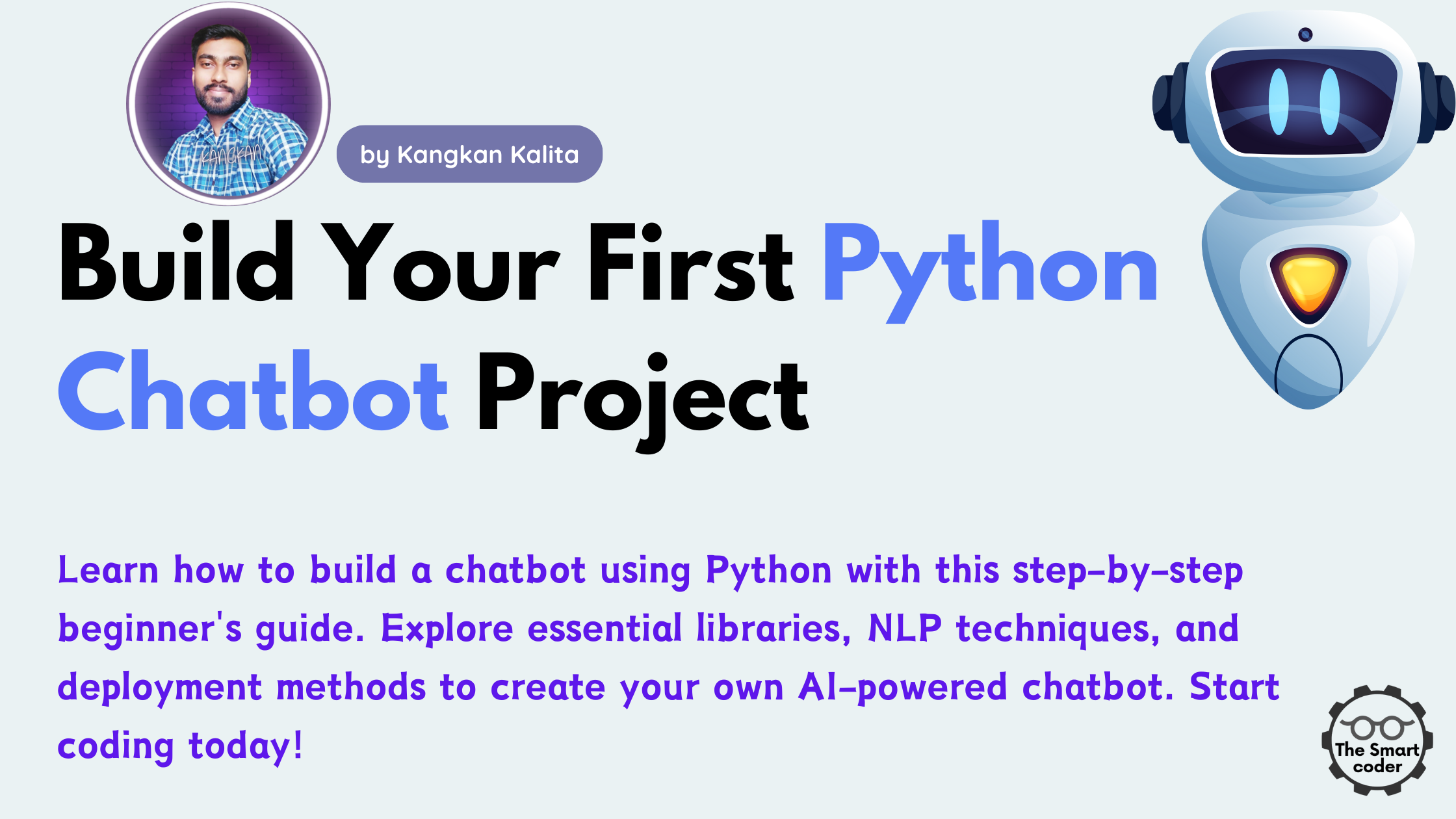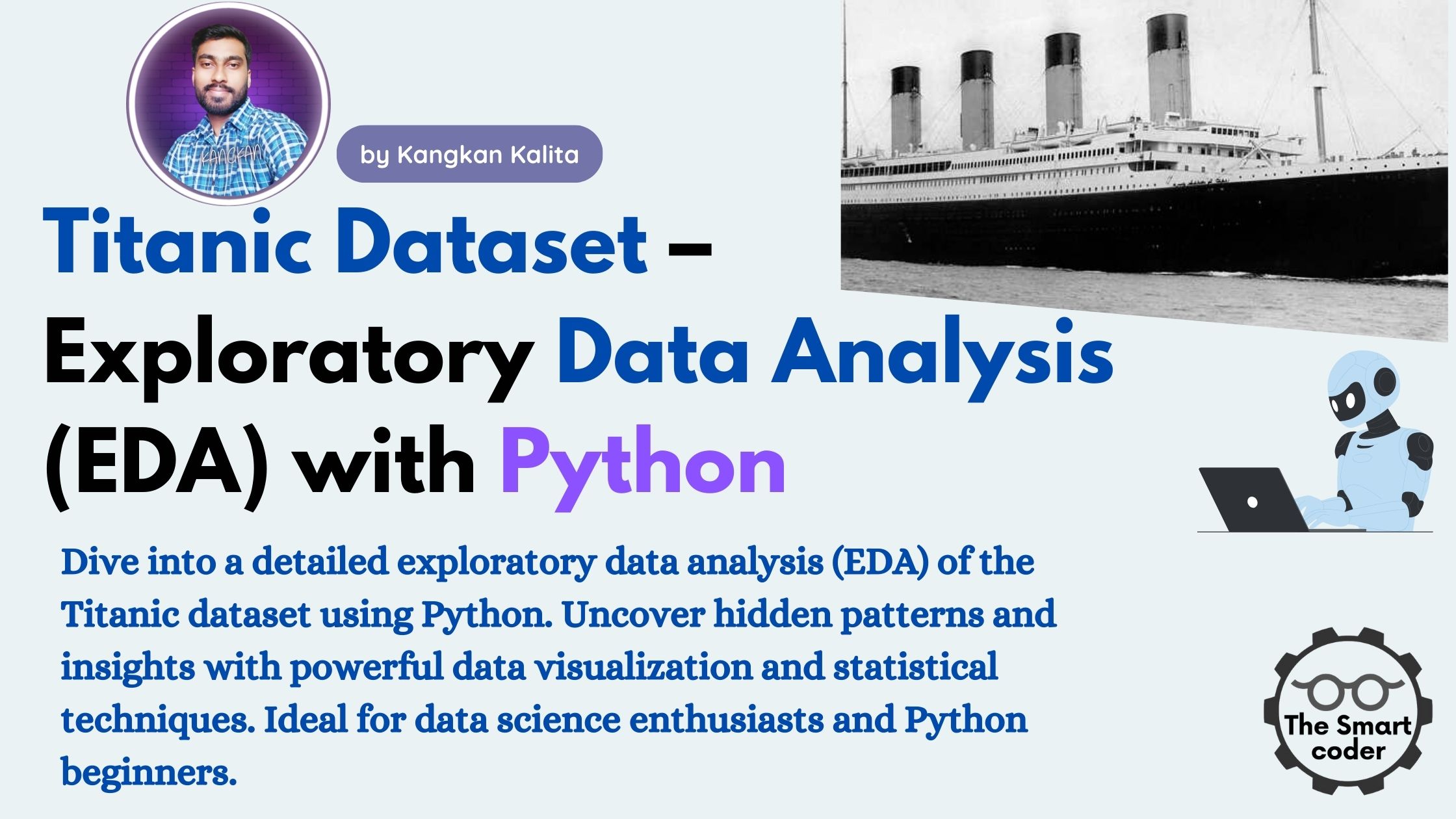Top Data Science Project Ideas for Freshers to Showcase on Resumes
Data science is a rapidly growing field, and having hands-on project experience can set you apart as a fresher. Showcasing impactful projects on your resume not only demonstrates your skills but also highlights your ability to solve real-world problems. In this article, we’ll dive into the best data science project ideas that freshers can work on to boost their resumes. Lets discuss some Data science project ideas for resume for freshers

Data science projects bridge the gap between theory and practice. They allow freshers to apply concepts like machine learning, data visualization, and statistical analysis to real-world problems. A well-crafted project on your resume demonstrates your technical prowess and problem-solving ability.
Why Data Science Projects are Essential for Freshers
Without professional experience, freshers rely on projects to showcase their capabilities. Projects help you:
- Gain practical exposure.
- Develop a portfolio that proves your expertise.
- Stand out during interviews by demonstrating real-world problem-solving.
Top Data science project ideas for resume
1. Sentiment Analysis
Analyze text to determine whether the sentiment is positive, negative, or neutral.
Skills Used:
- Natural Language Processing (NLP)
- Python libraries like NLTK or TextBlob
Applications:
- Understanding customer feedback.
- Monitoring public sentiment on social media.
Why It’s Valuable:
Sentiment analysis shows your ability to work with unstructured data, a key skill in data science.
2. Fake News Detection
Build a model to differentiate between real and fake news using classification algorithms.
Skills Used:
- NLP and machine learning algorithms like Naive Bayes.
- Python libraries like Scikit-learn.
Applications:
- Identifying misinformation online.
Why It’s Valuable:
Fake news detection demonstrates your knowledge of NLP and your ability to address a trending issue.
3. Detecting Parkinson’s Disease
Predict the likelihood of Parkinson’s disease based on medical data.
Skills Used:
- Python for data processing and analysis.
- Algorithms like Support Vector Machines (SVM).
Applications:
- Assisting in early disease detection.
Why It’s Valuable:
This project highlights your ability to work on healthcare-related problems using machine learning.
4. Speech Emotion Recognition
Classify emotions from speech data using Python.
Skills Used:
- Audio processing with Librosa.
- Deep learning models.
Applications:
- Enhancing user experiences in virtual assistants or chatbots.
Why It’s Valuable:
This project showcases your expertise in audio data analysis and machine learning.
5. Gender and Age Detection
Predict a person’s gender and age range from an image using computer vision techniques.
Skills Used:
- OpenCV for image processing.
- Convolutional Neural Networks (CNN).
Applications:
- Personalized marketing campaigns.
Why It’s Valuable:
It demonstrates your understanding of computer vision and neural networks.
6. Driver Drowsiness Detection
Create a system that alerts drivers if they show signs of drowsiness.
Skills Used:
- Real-time video processing with OpenCV.
- Deep learning for pattern recognition.
Applications:
- Improving road safety.
Why It’s Valuable:
This project highlights your ability to implement real-time solutions with societal impact.
7. Credit Card Fraud Detection
Analyze transaction data to identify fraudulent activities.
Skills Used:
- Algorithms like Decision Trees and Logistic Regression.
- Tools like R or Python for analysis.
Applications:
- Banking and financial systems.
Why It’s Valuable:
Fraud detection demonstrates your proficiency in classification problems and algorithm selection.
8. Movie Recommendation System
Build a system that suggests movies based on user preferences.
Skills Used:
- Collaborative filtering and matrix factorization techniques.
- Python libraries like Surprise or TensorFlow.
Applications:
- Enhancing user experience on streaming platforms.
Why It’s Valuable:
Recommendation systems show your understanding of personalization and large-scale data handling.
9. Customer Segmentation
Group customers based on purchasing behavior using clustering techniques.
Skills Used:
- K-Means Clustering.
- Data visualization libraries like Matplotlib and Seaborn.
Applications:
- Targeted marketing campaigns.
Why It’s Valuable:
This project showcases your expertise in unsupervised learning and business applications.
10. Uber Data Analysis
Analyze ride-sharing data to uncover trends and patterns.
Skills Used:
- Data visualization with ggplot2 or Matplotlib.
- Statistical analysis in R or Python.
Applications:
- Business decision-making based on user behavior.
Why It’s Valuable:
This project highlights your ability to extract insights from real-world datasets.
How to Select the Right Project
- Align with Your Interests: Choose a project that resonates with your career goals.
- Consider Complexity: Start with simple projects and gradually move to advanced ones.
- Showcase Versatility: Pick projects that highlight different skills like NLP, computer vision, or clustering.
- Focus on Impact: Opt for projects with real-world applications to make your resume stand out.
Summary
Data science projects are a powerful way to demonstrate your expertise as a fresher. Whether it’s building a recommendation system or detecting fraud, each project showcases your ability to solve problems with data. Pick projects that align with your interests and career goals, and use them to create an impressive portfolio.
FAQs
1. Why are projects important for a data science fresher’s resume?
Projects showcase your practical knowledge, problem-solving ability, and expertise in tools and techniques, making your resume stand out.
2. How many projects should I include in my resume?
Include 3–5 well-documented projects that demonstrate a range of skills and cover different domains.
3. Do I need source code for these projects?
Yes, providing source code on platforms like GitHub allows recruiters to evaluate your work and coding skills.
4. Can I use datasets from online sources for my projects?
Absolutely! Many projects use open datasets available on platforms like Kaggle, UCI, or government websites.
5. What tools should I focus on as a beginner?
Start with Python, R, SQL, and visualization tools like Tableau or Power BI.
Please don’t forget to leave a review.





